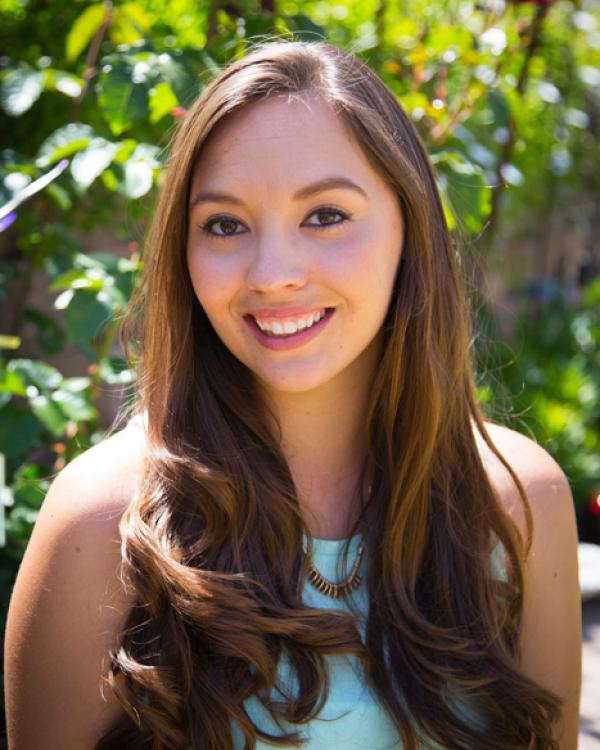
To honor School Psychology Awareness Week, we decided to catch up with one of our alumna, Jennica (Rebelez) Paz (NCSP, PPS, and PSY), who earned her Ph.D. in 2015 from the Department of Counseling, Clinical and School Psychology. Paz is currently an Assistant Professor of School Psychology at San Diego State University in the Department of Counseling & School Psychology in the College of Education, while also being a Licensed Clinical Psychologist/Clinical Training Specialist at San Diego Center for Children, Residential Program.
GGSE: How did CCSP help prepare you for your current position?
Paz: Throughout my graduate school experience in CCSP, one motto our cohort said frequently was, “CCSP sets us up for success.” The combination of best practice knowledge integrated throughout our carefully crafted sequence of studies/coursework, applied fieldwork in clinical and school settings, and research labs helped shape me to be a strong scientist-practitioner in the field of school psychology. The School Psychology faculty served as strong mentors and challenged me to strive to fulfill my true potential.
GGSE: What made you want to focus on helping youth with histories of adverse life circumstances?
Paz: Growing up, I experienced many adverse life experiences as a child who traversed the many traumas and injustices in foster care system. As a high school student, I came to realize that a signature strength I had was being able to genuinely connect with other peers and youth who had home-life experiences that were vastly different from majority of their classmates. I was a first generation college student at UCSB, and it was as an undergraduate student at UCSB where I first discovered the field of school psychology (in an applied psychology and education minor class); from that moment, my life trajectory was forever enriched. Due to the opportunities afforded to me as a graduate of the CCSP department, I am now uniquely positioned to be able to advocate for youth and families who are unable to advocate for the quality educational and mental health services they so deserve. I also now have the privilege to train future school psychology change agents to continue to push for high quality school psychological service delivery for students with adverse life experiences through teaching, mentoring, research, and community partnerships.
GGSE: What was it like working as part of the International Center for School-Based Youth Development (iCSBYD)?
Paz: As a graduate student researcher through iCSBYD, I was awarded with unique opportunities to support a variety of local and state initiatives (including the Safe Schools Healthy Students initiative, Story Teller Children’s Preschool for homeless students, and First 5 Santa Barbara) to translate data for programs serving vulnerable students and families regarding program effectiveness. My experiences through the iCSBYD enabled me to collaborate with a variety of local schools and programs, and provided me with specialty training in the areas of applied research, program evaluation, and dissemination.
GGSE: What advice would you have for undergraduate students interested in school psychology?
Paz: The field of school psychology is absolutely rich with opportunities to become a change agent and advocate for social justice issues that affect all of our students, families, and communities. Not only are school psychologists uniquely prepared to help identify students with disabilities (both visible and invisible) and make sure they are connected with high quality services and interventions, they are also in prime positions to be able to lead effective safe school climate and crisis response teams to ensure that all students have a place where they can feel respected, safe, meaningfully connected and engaged, and achieve their educational aspirations. School psychologists have the power to incite hope for children and families and impact meaningful change across beautifully diverse ecosystems.